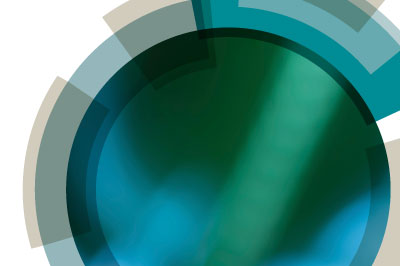The theme for 2016 will be Planetary and Space Science.
Science and the Assembly
24 May 2016, Cardiff, United Kingdom
The theme for 2016 will be Planetary and Space Science.
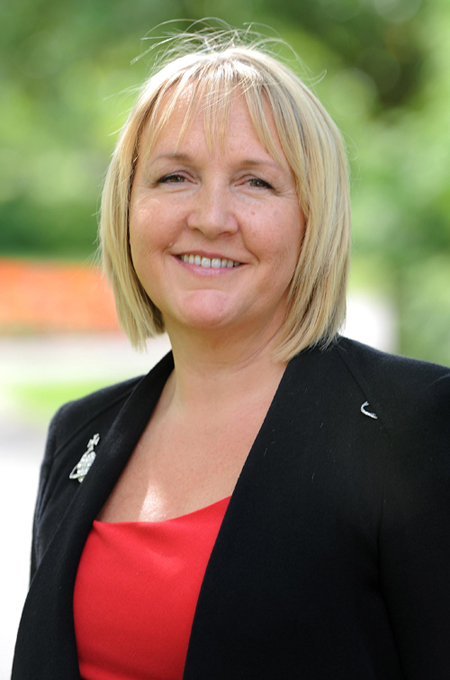 Julie Williams CBE, Chief Scientific Adviser for Wales, United Kingdom
Julie Williams CBE, Chief Scientific Adviser for Wales, United Kingdom
Professor Julie Williams CBE became Chief Scientific Adviser for Wales in September 2013. She was born in Merthyr and studied psychology at Cardiff University. She is a senior figure in the field of Alzheimer’s disease research. As Head of the Neurodegeneration section of the Medical Research Council Centre on Neuropsychiatric Genetics and Genomics in Cardiff University, she continues her research while working in the Welsh Government.
Her research focuses upon identifying and understanding genes which increase the risk of developing Alzheimer’s disease. Early in her career she recognized the complexity of Alzheimer’s disease genetics and began focusing her research on developing larger, more powerful studies. Over the last two years Julie Williams has become one of the four leaders of the IGAP genetics consortium. This incorporates over 150 scientists from Europe and the USA and has access to over 30,000 AD cases and 60,000 controls. Her work was recognized by TIME magazine as one of the top ten medical breakthroughs of 2009.
Julie Williams has served on the Medical Research Council Neuroscience and Mental Health Board and is a former Chief Scientific Adviser to the Alzheimer’s Research Trust.
Her contribution to Alzheimer’s disease research was recognized nationally when she was made a Commander of the Order of the British Empire in the Queen’s Jubilee Birthday Honours list 2012.
Talk Title - Creating a Galaxy of Welsh Research Stars
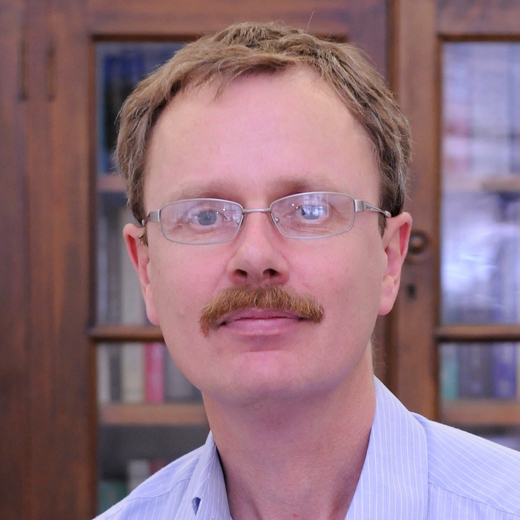 Peter Knowles FRSC, Cardiff University, United Kingdom
Peter Knowles FRSC, Cardiff University, United Kingdom
Sessions Chair
Peter Knowles is Professor of Theoretical Chemistry at Cardiff University, where he has been since 2004, including a period as Head of School (2009-2013). He previously held a chair at the University of Birmingham (1995-2004), a lectureship at the University of Sussex (1989-95), and an SERC Advanced Research Fellowship at the University of Cambridge (1987-89).
His Cambridge PhD was followed by postdoctoral work in Cambridge and at the University of Western Ontario.
Peter’s scientific interests are in calculating from first principles the quantum electronic structure of molecules, in order to provide quantitative predictions of structure, bonding, properties and reactivity of molecular matter. He has contributed to the development of many of the standard methods of computational quantum chemistry, and is a lead author of the widely-used Molpro software package. His research has been recognised through the award of the Royal Society of Chemistry Harrison, Marlow and Computational Chemistry awards. He is currently a member of the Council of the RSC.
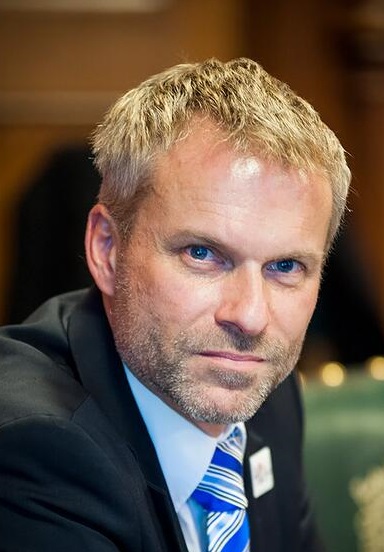 Jeremy Curtis, Head of Education and Skills, UK Space Agency, United Kingdom
Jeremy Curtis, Head of Education and Skills, UK Space Agency, United Kingdom
Jeremy Curtis leads the UK Space Agency's space education programme, which uses space to inspire interest in STEM subjects as well as addressing the skills needs of the growing UK space industry. He chairs the Steering Group of the UK Space Education Office and is a member of the steering group of the National Space Academy. He also chairs the Organising Committee for the UK Space Conference.
He has represented the UK on the International Space Exploration Coordination Group - tasked with implementing the Global Exploration Strategy, which he helped to develop. He has organised several major reviews: the UK Microgravity Review in 2003, the UK Space Exploration Working Group which reported in 2007, and he led the Space Exploration Review which was published in 2009.
Talk Title - Tim Peake's Principia Mission to the ISS - inspiring a generation
The UK Space Agency is leading a major education and outreach campaign to capitalise on Tim Peake's mission to the International Space Station. Jeremy Curtis will talk about Tim's mission and the space education programme that supports it.
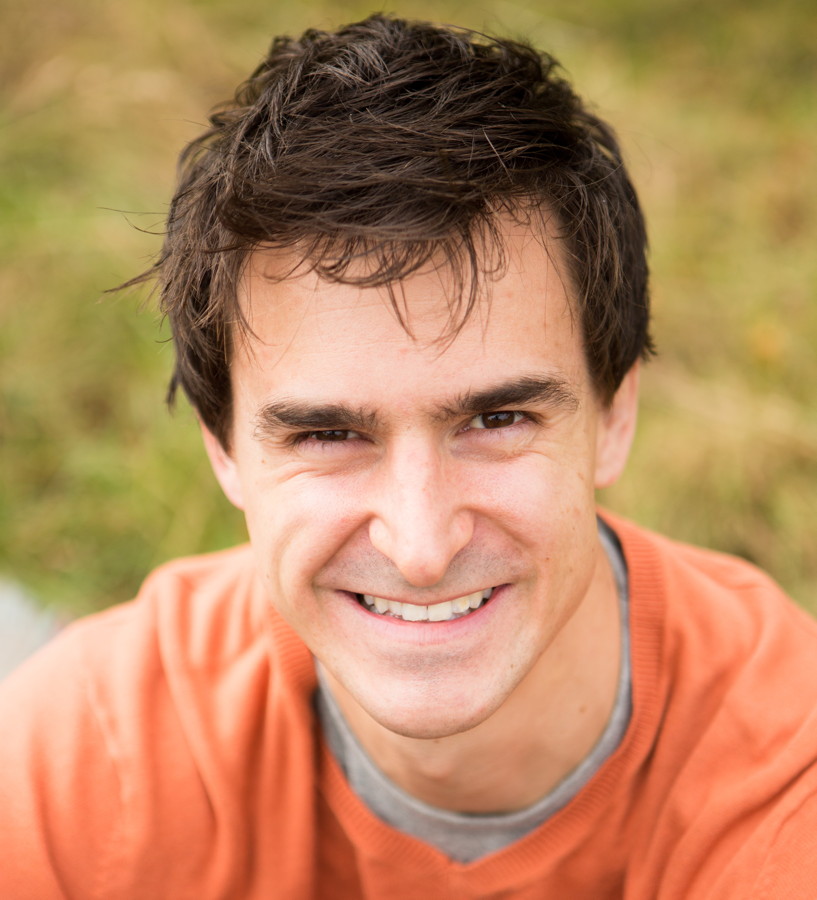 Lewis Dartnell, UK Space Agency Research Fellow, University of Kent, United Kingdom
Lewis Dartnell, UK Space Agency Research Fellow, University of Kent, United Kingdom
Dr. Lewis Dartnell (www.lewisdartnell.com) is a UK Space Agency research fellow based at the University of Kent, studying how life, and signs of its existence, might survive the intense cosmic radiation on the surface of Mars. He also holds an STFC Science in Society Fellowship, and alongside his astrobiology research writes regular science articles in newspapers and magazines, and has appeared in TV shows such as Horizon, BBC Stargazing Live, and Wonders of the Universe. His third book, ‘The Knowledge: How to Rebuild our World from Scratch’ (www.the-knowledge.org) is a Sunday Times Book of the Year, and is out now in paperback.
Talk Title - Astrobiology - the search for life beyond earth
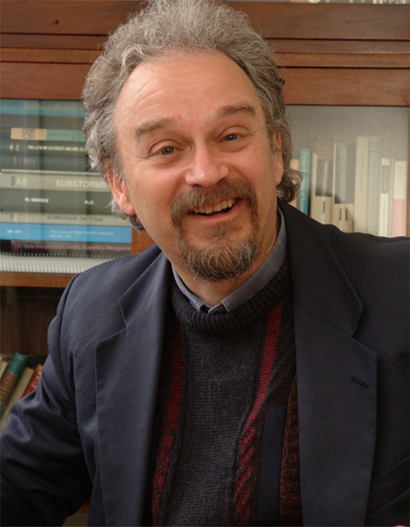 Manuel Grande, Head of Solar System Physics, Aberystwyth University, United Kingdom
Manuel Grande, Head of Solar System Physics, Aberystwyth University, United Kingdom
Professor Manuel Grande is Head of Solar System Physics, formerly Director of the Institute of Mathematics and Physics, Aberystwyth University, UK. In the past he has been a visiting professor at the Open University, UK, and at Warwick University.
As well as PI for the X-ray spectrometers C1XS on Chandrayaan-1 and D-CIXS on SMART-1, he is Co-PI on BepiColombo/SIXS and Cluster/Rapid, and has Co-I roles in JUICE, BepiColombo(4 instruments), Cassini/CAPS and Cassini/CDA, Cluster/Peace, POLAR Cammice and Ceppad, IMAGE MENA, Venus Express ASPERA4, Mars Express ASPERA3, IMEX, ExoMars and the Japanese SELENE Lunar Mission, and a number of ongoing proposals for upcoming space plasma and planetary missions.
He has recently finished a term as Chair of the Institute of Physics of Wales, and is a member of the Europlanet RI Project Management Committee, and was Europlanet Coordinator for Scientific Dissemination under FP7. He has been President of the European Geoscience Union for Planetary Science and has served on the council of the Royal Astronomical Society, the Executive Committee of the French national Centre for Plasma Physics Data (CDPP) and a number of ESA, ERC, STFC and NASA committees. He has edited several special issues, and was editor of Eos, Transactions American Geophysical Union from 2007-2010. He is the UK representative on COSPAR, and Vice Chair of the COSPAR panel on Space Weather. He has organised many scientific meetings and conferences. In particular he has been Chair of the Executive Committee and the Science Organising Committee of the European Planetary science congress throughout its 10 year history.
He has 144 refereed publications over a wide range of topics, (placing him in the Researchgate top 2.5%) having received his PhD (on cosmic ray detection) from Bristol University in 1983. His main scientific interests are energetic particles in planetary magnetospheres, including the Earth, and planetary surfaces.
Talk Title - Planetary Science at Aberystwyth
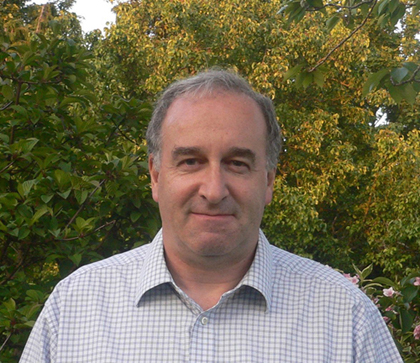 Matt Griffin, School of Physics and Astronomy, Cardiff University, United Kingdom
Matt Griffin, School of Physics and Astronomy, Cardiff University, United Kingdom
Matt Griffin studied Electrical Engineering at University College Dublin and Astrophysics at Queen Mary College London, graduating with a PhD in 1985. He remained at Queen Mary until 2001, when he joined the Astronomy Instrumentation Group at Cardiff University. His research work has included the development of instruments for both ground-based and space-borne observatories, and study of planetary atmospheres, star formation, galaxy evolution, and the Earth‘s atmosphere. He has worked on many ground-based and space-borne instrument projects. He was a member the team that built the Long Wavelength Spectrometer for the European Space Agency's Infrared Space Observatory, and was the Principal Investigator for SPIRE instrument flown on ESA's Herschel Space Observatory.
Talk Title - Space Science in Europe and Wales
The European Space Agency's space science programme provides an opportunity for all its member states to participate in front-rank research in observational astronomy and planetary science. These endeavours are important to understand the Universe and our place in it, to drive technical innovation, and to inspire young people to study science. I shall highlight some recent and future scientific satellites, emphasising the contributions made by Welsh institutes.
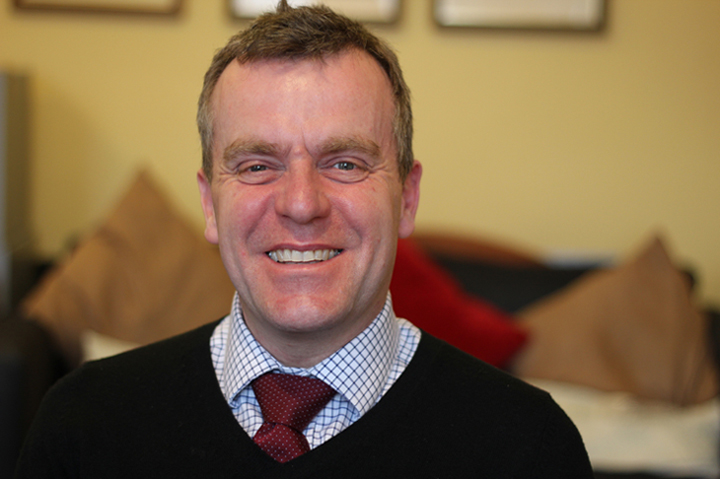 Robert Massey, Deputy Executive Director, Royal Astronomical Society, United Kingdom
Robert Massey, Deputy Executive Director, Royal Astronomical Society, United Kingdom
Dr Robert Massey is Deputy Executive Director of the Royal Astronomical Society, where he oversees Society external affairs including media relations, public engagement and policy development. Before joining the RAS, his career took him from PhD research in Manchester on the Orion nebula to teaching, local politics and then a stint as Public Astronomer at the Royal Observatory Greenwich. In his spare time he teaches his five year old daughter about science, enjoys cycling, cooking and when babysitting allows enjoying the cultural life of his home city of Bristol.
Talk Title - The Business of Astronomy and Space Science
The UK has an outstanding record in astronomy, space and planetary science research. Our scientists are involved in major international projects on the ground and in space, and have made seminal contributions to the key discoveries of the last hundred years, from understanding the expansion of the universe, to the detection of gravitational waves. But the impact of astronomy and space research goes way beyond inspiring headlines, and in this talk I will highlight some of the unexpected ways in which these ‘blue skies’ sciences have shaped everyday life.
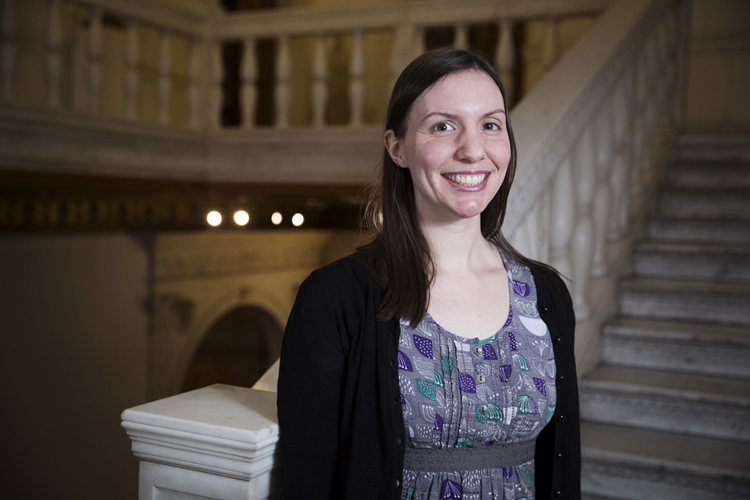 Dr Elin McCormack, Royal Society Dorothy Hodgkin Fellow, RAL Space, United Kingdom
Dr Elin McCormack, Royal Society Dorothy Hodgkin Fellow, RAL Space, United Kingdom
I am currently a Royal Society Dorothy Hodgkin Fellow based at RAL Space. My research involves the development of a new technique to measure electric fields remotely by studying the infrared spectra of polar molecules in the atmosphere. I completed my DPhil and post-doctoral studies at the Physical and Theoretical Laboratory at the University of Oxford. This work involved extensive spectroscopic and dynamics studies of atmospherically and industrially important molecules. Before my doctorate, I was an undergraduate at the University of Cardiff and I am delighted to have this opportunity to return to the city.
Talk Title - Science and Technology at RAL Space
RAL Space is based at STFC's Rutherford Appleton Laboratory (RAL) in Oxfordshire. We work in space-oriented science research and technology development and have been involved in over 200 space missions. Our large portfolio of scientific projects involves collaborations with other research councils, industrial companies, and universities. In addition to designing and building instruments, we analyse and process data, and have world-class facilities to test space and land-based instruments. In this talk, I will describe some of the projects in which RAL Space has been involved, with a focus on some of the instrumentation that we have developed.
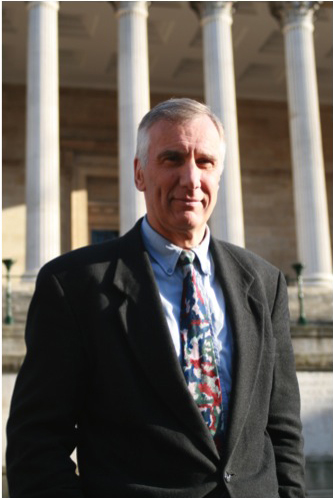 Steve Miller, Professor of Science Communication and Planetary Science, University College London, United Kingdom
Steve Miller, Professor of Science Communication and Planetary Science, University College London, United Kingdom
Steve Miller is Professor of Science Communication and Planetary Science at University College London, and is Chair of the Royal Astronomical Society’s RAS200: Sky & Earth programme. Steve is interested in science and society issues, and is the Impact Officer of the Europlanet 2020 research infrastructure network. He is director of the UCL/UK Hub for Responsible Research and Innovation and of the European Science Communication Network. He is (co-)author of Science in Public: communication, culture and credibility (1998) and The Chemical Cosmos: a guided tour (2011) Steve’s astronomy interests lie in understanding how giant planets – like Jupiter and Saturn, and some of the hot, giant exoplanets – couple with their space environment.
Talk Title - What Europe has done for Planetary Science, and what Planetary Science has done for Europe
The European planetary science community is one of the largest in the world: it has more than 800 staff in university posts and 4,000 early career researchers. But these people and their resources are distributed across the 28 member states of the European Union plus Switzerland and Norway. That means that Europe’s contribution to planetary science can often be divided and fragmented. To counter this fragmentation, Europlanet was founded in 2002, bringing together planetary science institutions across the continent. Supported by the European Union’s Framework programmes since 2004 and Horizon 2020 since 2015, Europlanet 2020 provides laboratory facilities, sites that mimic planetary environments, and networking support for the community. Its annual conference, the European Planetary Science Congress, is a must-attend event for the community across the world. And its outreach and engagement activities ensure that Europe’s contribution to understanding worlds outside of our own reach the widest possible audience.
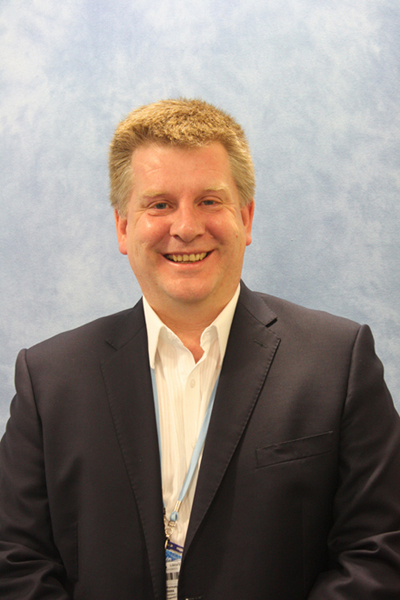 Geraint (Taff) Morgan FRAS MRSC, The Open University, United Kingdom
Geraint (Taff) Morgan FRAS MRSC, The Open University, United Kingdom
Dr Geraint (Taff) Morgan FRAS MRSC is an analytical chemist who is highly active in the space technology translation agenda within the Department of Physical Sciences at The Open University. He spent the first half of his career working for Professors Colin Pillinger and Ian Wright, designing, building, validating and applying sample preparation systems for mass spectrometer instruments for the Rosetta and Beagle2 space missions. Most notably he was part of the Ptolemy team, on board the Philae lander, that successfully landed and analysed the chemical composition of the comet.
He led the multi-institutional consortium that was awarded a Wellcome Trust Strategic Translation Award, in 2008, to develop a novel diagnostic test for tuberculosis and more recently he led the team that has developed an award winning air monitoring system for use on board all future UK submarines. His team is currently engaged by the world’s largest fragrance company, Givaudan, and has developed a sector disruptive analytical technology. He is a co-inventor on a patent for a valve that is currently being evaluated by a UK satellite manufacturer as the potential future for satellite propulsion and he is a co-investigator on a European Space Agency-funded project to develop a micro-machined gas sampling and analysis device.
He has a series of strategic partnerships with SMEs and multinational companies and with Anthias Consulting hosts several analytical method development, training and demonstration facilities, that are used by academia and commercial companies from around the world.
He is also director of three start-up companies, two having recently graduated from the ESA Business Incubation Centre at Harwell. He was recently appointed to the International Advisory Board for the Nano and Micro Technology Facility at RMIT University, in Melbourne, and he was the lead author of a chapter on Encouraging Innovation in Forensic Science for the Government Chief Scientific Advisor’s Annual Report 2015.
Talk Title - Down to Earth: From sniffing comets to cancer, and more….
Planetary exploration pushes the boundaries of science and engineering. Geraint was part of the team that developed Ptolemy, a miniature GC-MS that analysed the chemical composition of a comet following a 10 year, 4 billion mile journey around our solar system. During the talk he’ll give an insight into what it was like waiting for the signal and discuss the results obtained. He will also illustrate how the collective expertise has since been translated to provide solutions back here on Earth, including: a vital safety system on all future UK submarines, portable systems to sniff bed bugs in hotels, and sector disruptive robotic systems being used by the world’s largest fragrance company in Paris. He will conclude by focussing on his strategic partnership with a Welsh instrument company, Markes International Ltd., and a proposal to work with the Wales Cancer Bank to develop a non-invasive diagnostic test for prostate cancer.
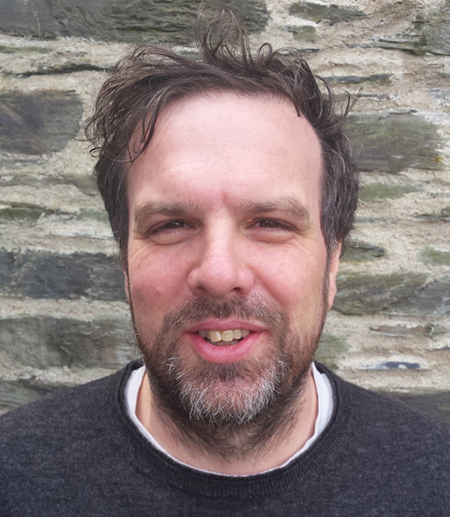 Huw Morgan, Aberystwyth University, United Kingdom
Huw Morgan, Aberystwyth University, United Kingdom
Huw Morgan is a Reader within the Solar System Physics group at Aberystwyth University. Currently a Leverhulme Research Fellow, he is a leading figure in the field of image processing and data analysis method development for solar coronal observations. He received his PhD in Solar Physics from the University of Wales, Aberystwyth in 2005. From 2005 to 2011 he was a PDRA at the Institute for Astronomy, University of Hawaii. He has lectured at Aberystwyth from 2011-2015, in a position funded by the Coleg Cymraeg Cenedlaethol to grow the provision of Welsh-medium Physics modules. He is PI on an STFC grant to develop an advanced coronal spectrometer, a member of the UK DKIST SolarTelescope consortium, and a key member of the world-leading scientific eclipse observing group.
Talk Title - Solar & Space Weather Research at Aberystwyth
Solar physics is currently enjoying a golden observational age, with high-resolution space & ground-based instruments providing unprecedented detail of the structure and dynamics of the Sun and her atmosphere. I will present a summary of how novel image processing and methodologies, developed by the group at Aberystwyth, are both directly revealing new phenomena in observations, and providing the international research community with the necessary tools for further data analysis. Recent highlights include the discovery of hot active regions which expand into interplanetary space, the first measurements of the global temperature of the solar atmosphere over a solar activity cycle, and the automated detection of solar storms. The group is strongly involved in total solar eclipse measurements, and I will present details for an advanced eclipse spectrometer which we are constructing. Expertize in data analysis, instrument development, and involvement in large future instruments (e.g. DKIST) all provide a solid basis for growth in this field.
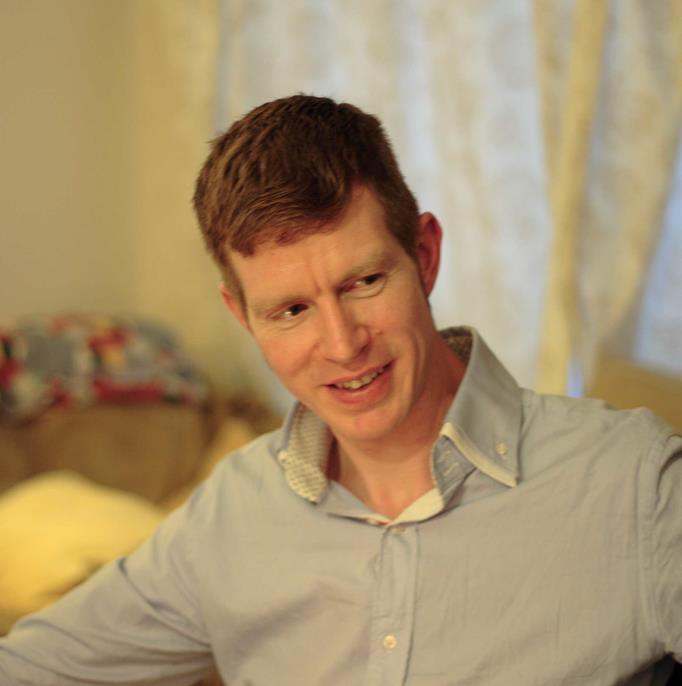 Patrick Sutton, Cardiff University, United Kingdom
Patrick Sutton, Cardiff University, United Kingdom
I undertook my graduate studies at the University of Alberta, studying the renormalisation of quantum field theories in curved spacetimes, and graduated in 2000. I then spent two and a half years as a postdoctoral fellow in the gravitational physics group at Penn State University, followed by a four-year stint as a senior postdoctoral fellow and then a senior research fellow at the California Institute of Technology. I joined the faculty of Cardiff University as a senior lecturer in June 2007, and was promoted to Reader in 2012.
Talk Title - Gravitational Waves: Nature’s Biggest Explosions
One hundred years ago Einstein predicted the existence of gravitational waves: ripples in the fabric of spacetime. Last September they were directly detected for the first time, from the violent collision of two black holes. That event marked the beginning of a new chapter in our study of the cosmos. Cardiff scientists were heavily involved in this effort. I will discuss this landmark observation, and what it means for the future of our understanding of the universe.
Book now
Terms and Conditions for Events run by the Royal Society of Chemistry
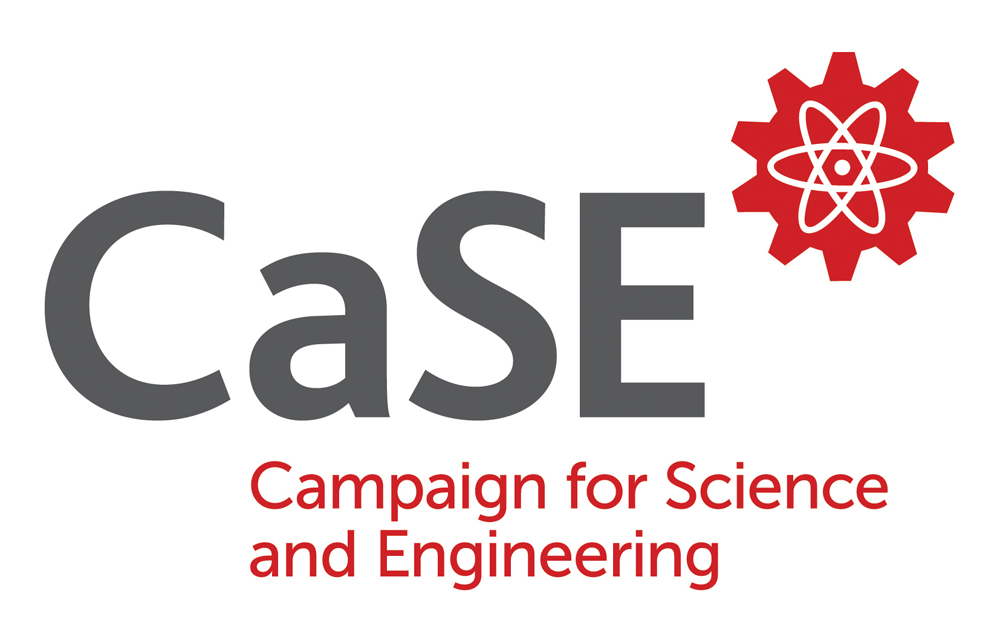
Campaign for Science and Engineering

Institute of Physics in Wales
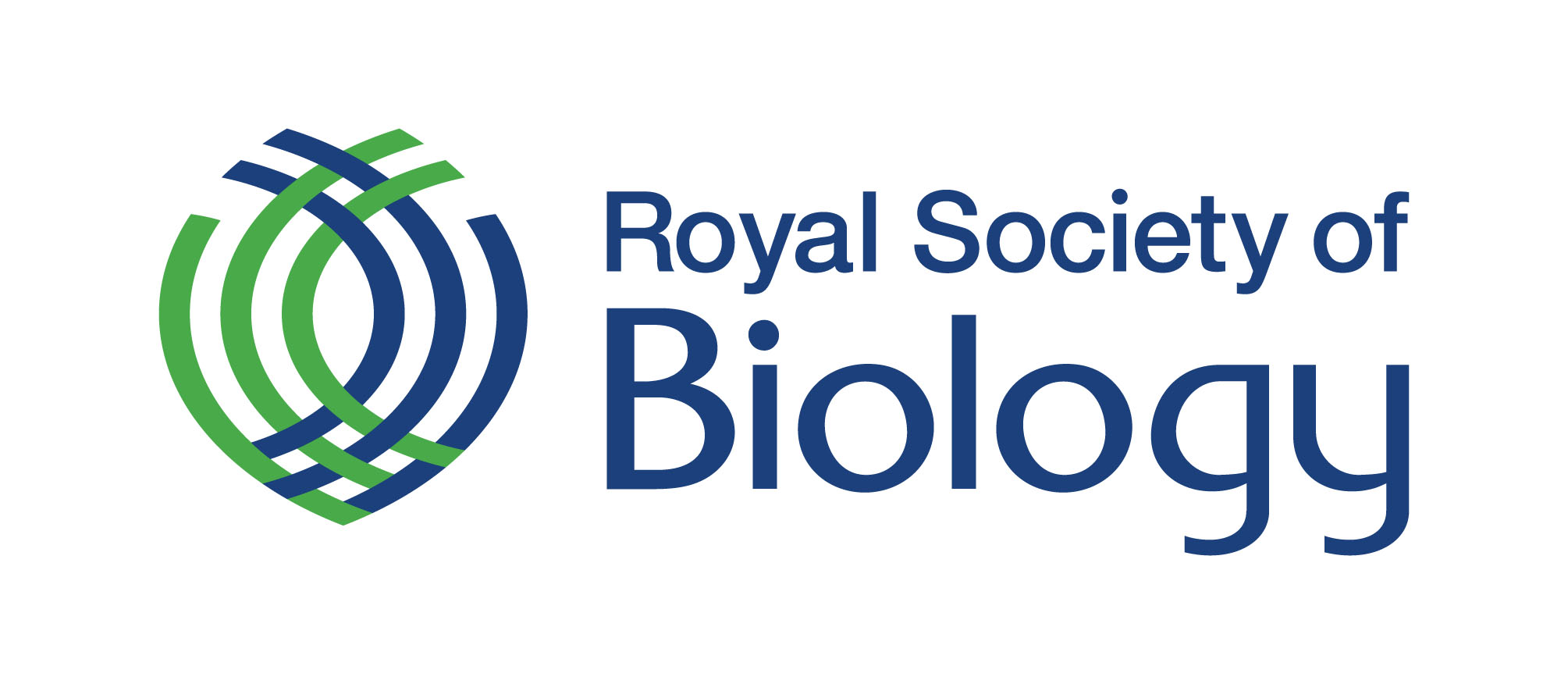
Royal Society of Biology

Science and Technology Facilities Council

Technocamps

The Learned Society of Wales

Microbiology Society

Academy of Medical Sciences
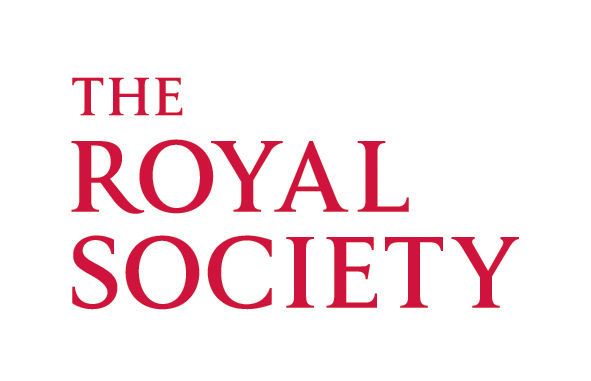
The Royal Society
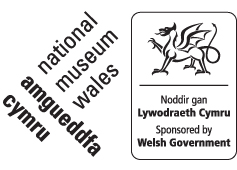
National Museum Wales
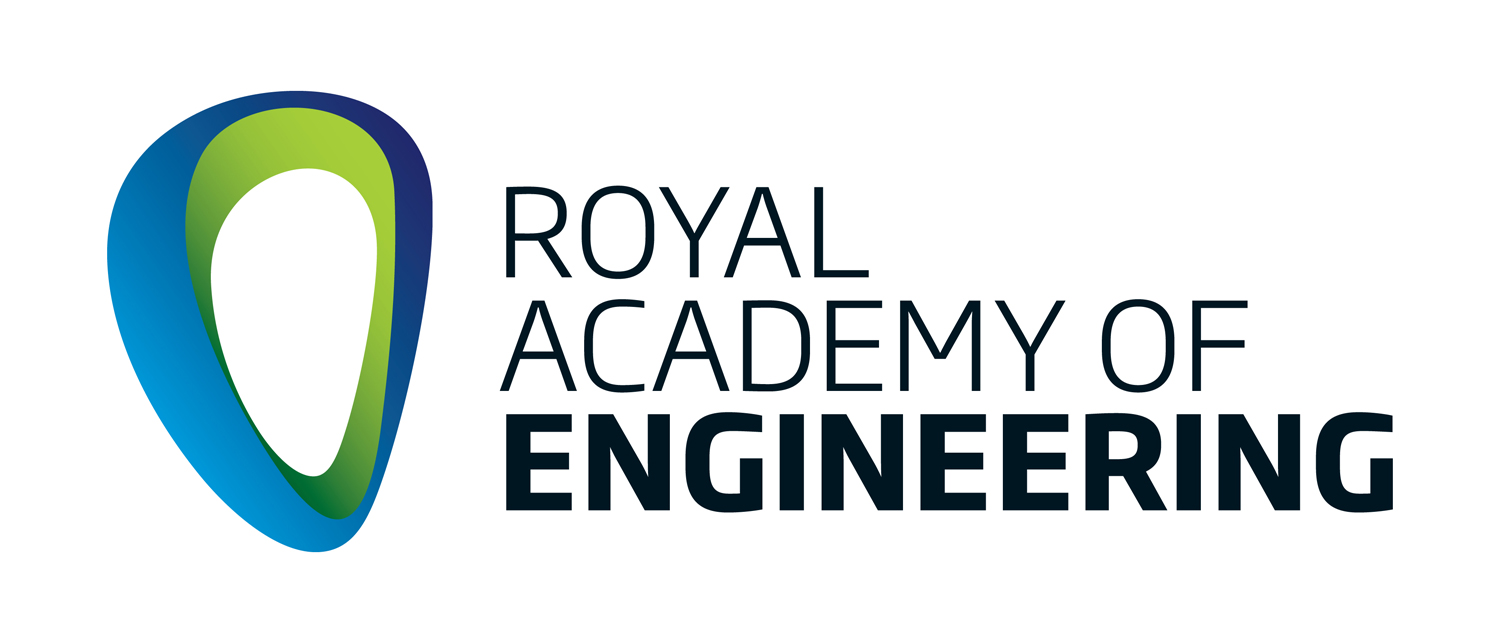
Royal Academy of Engineering
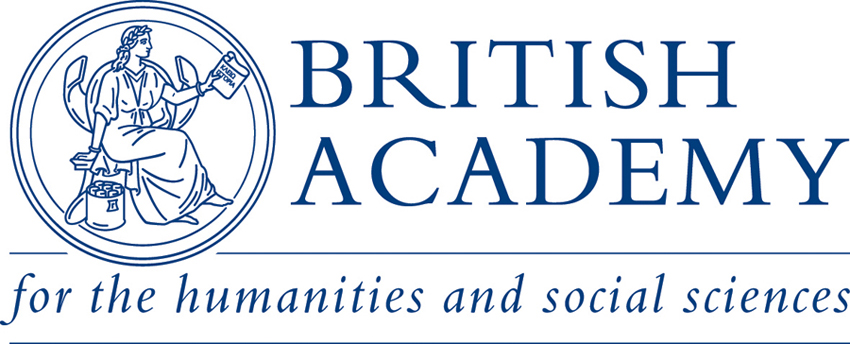
British Academy
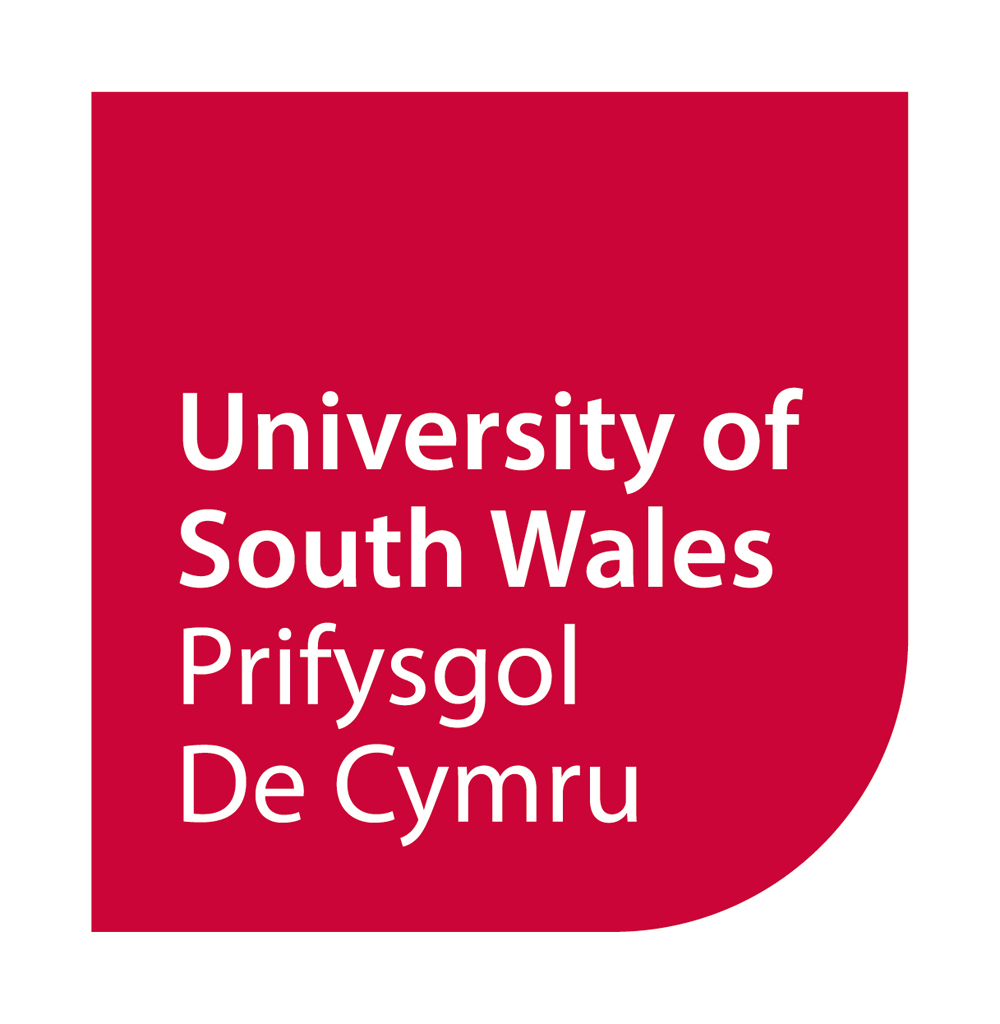
University of South Wales

Science Made Simple Ltd
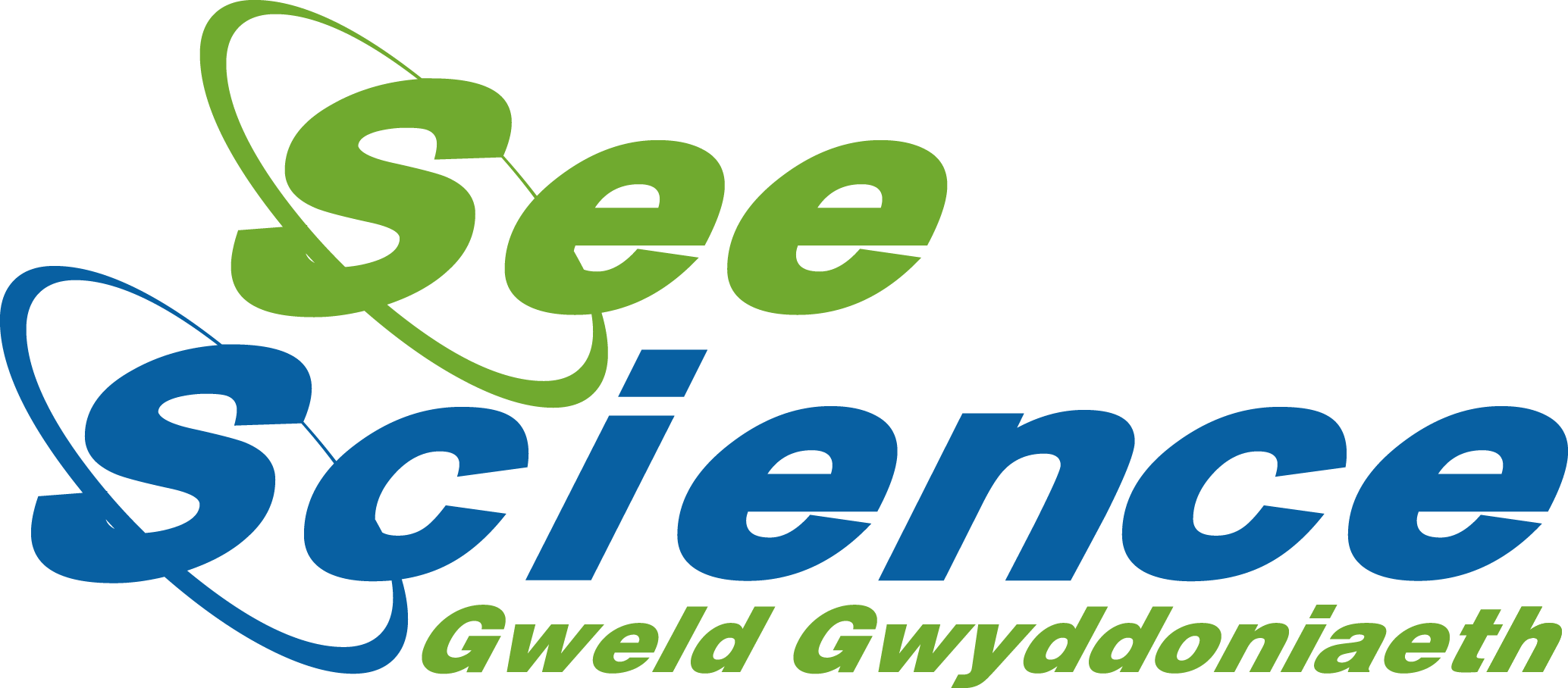
See Science

Association for Science Education
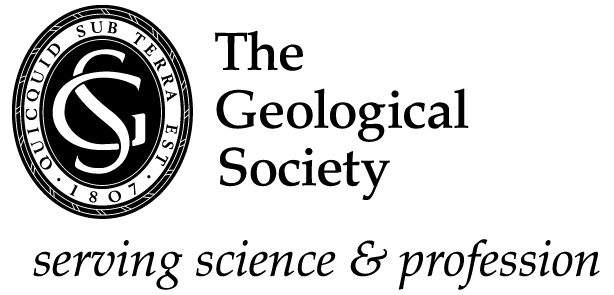
The Geological Society

The Open University in Wales
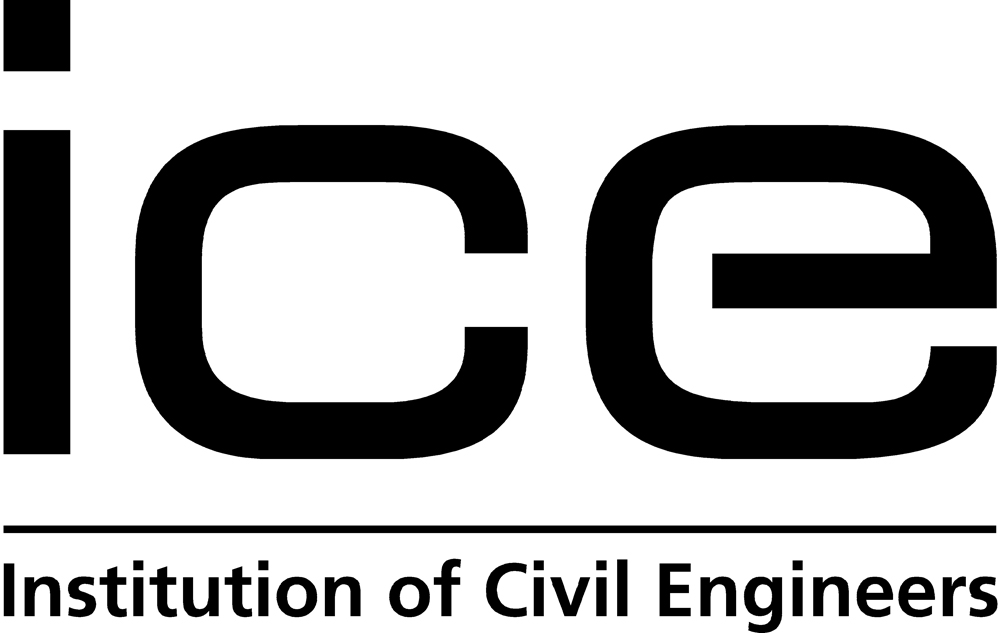
Institution of Civil Engineers Wales Cymru

Aberystwyth University
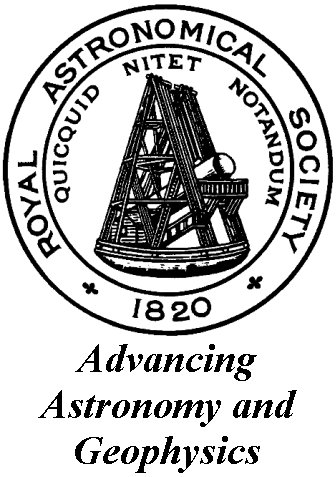
Royal Astronomical Society
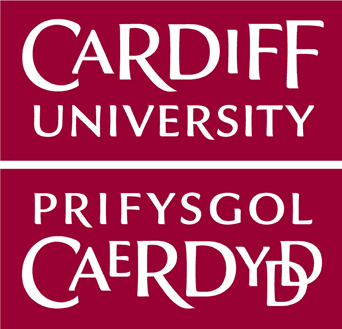
Cardiff University
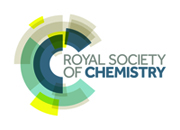
Royal Society of Chemistry
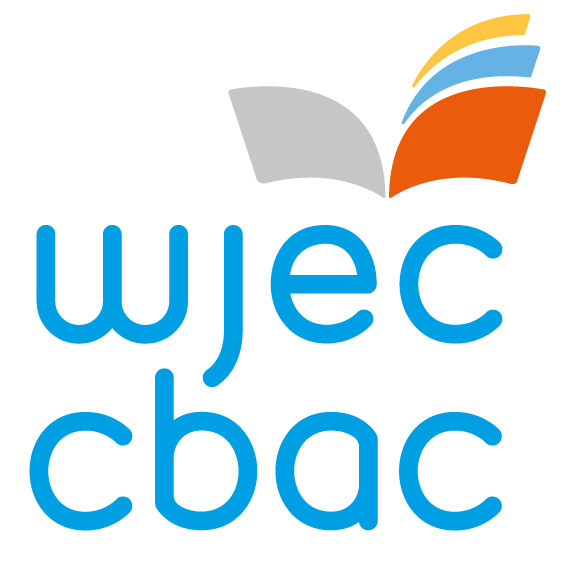
WJEC
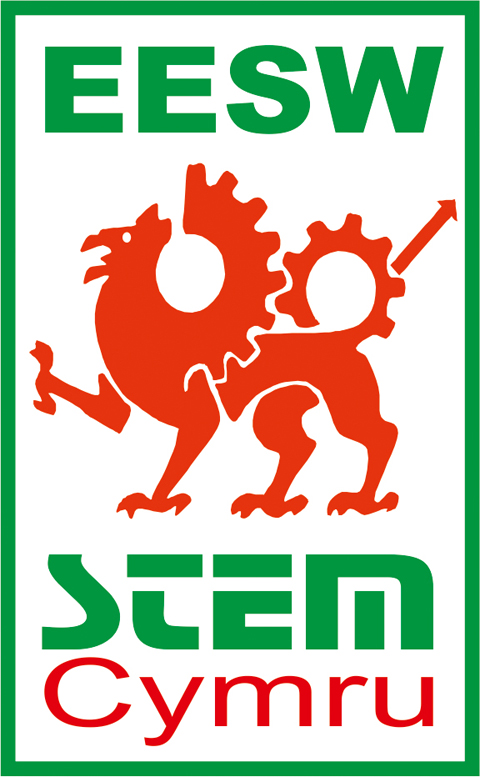
Engineering Education Scheme Wales
Senedd and the Pierhead, Cardiff Bay, Pierhead, Cardiff Bay, Cardiff, CF99 1NA, United Kingdom







